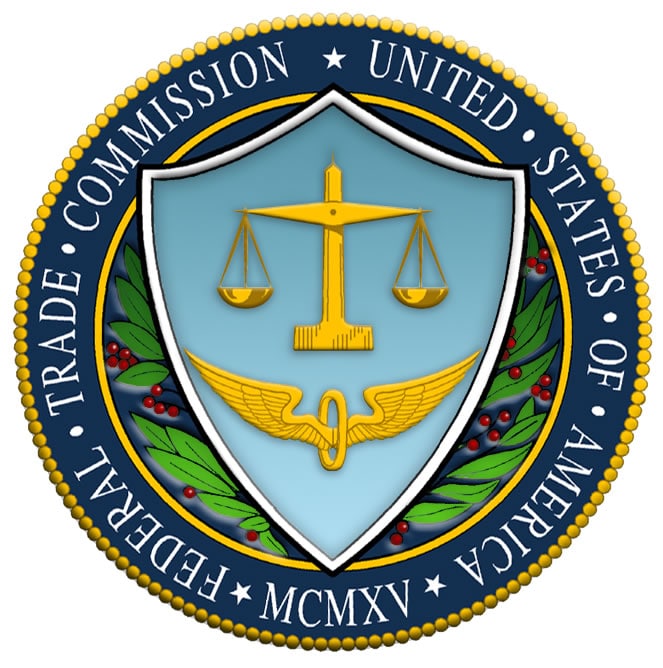Dismissal of case in Illinois allows company to fight in preferred venue
By: David Rauf
“Neora and Jeff Olson look forward to challenging the FTC’s overreach. As we said from the very beginning, we intend to defend ourselves and stand up for our industry with vigor.”
—Neora company statement
A federal judge has dismissed a lawsuit by Neora, in which the company asked for a ruling against the Federal Trade Commission (FTC) for trying to enact a pyramid scheme law that doesn’t exist. Neora claimed the act was outside the FTC’s statutory authority.
This content is restricted to site members. If you are an existing user, please log in. New users may register below.


